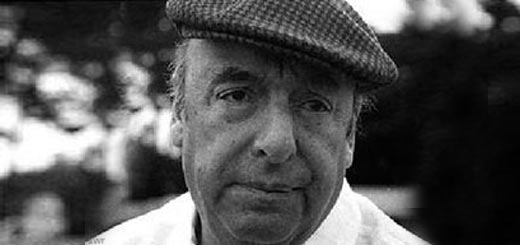
The passage is typical of these Memoirs: though presented largely in chronological order significant facts such as this are often found tucked in almost incidentally in a chapter describing events that occurred much later.

Many years later, the first thing I did when I got to Czechoslovakia was to place a flower at the foot of the bearded statue.

I took the Czech name from a magazine, without knowing it was the name of a great writer loved by a whole nation, the author of elegant ballads and narrative poems, whose monument stood in Prague's Mala Strana quarter. To cover up the publication of my first poems, I looked for a last name that would throw him completely off the scent. He didn't like the idea of having a son who was a poet. When I was fourteen, my father was always at me about my literary endeavors. Kisch, he writes, "showed incessant curiosity" about why Neruda had adopted such a prototypical Czech name, but the poet never revealed it to him - because the answer was "so simple and so lacking in glamour": Recounting his time in Mexico during the Second World War he mentions a few exiles from the Nazi regime, including Anna Seghers and the German-Czech writer Egon Erwin Kisch. Mathilde Neruda and Miguel Otevo Silva prepared the manuscript for publication.ī+ : amiable, sprawling account of an interesting lifeĪbout midway through his memoirs Neftalí Ricardo Reyes Basoalto describes how he came to adopt the pen name by which he is known the world over.

Spanish title: Confieso que he vivido: Memorias.Ich bekenne, ich habe gelebt - Deutschland General information | review summaries | our review | links | about the author Trying to meet all your book preview and review needs.


 0 kommentar(er)
0 kommentar(er)
